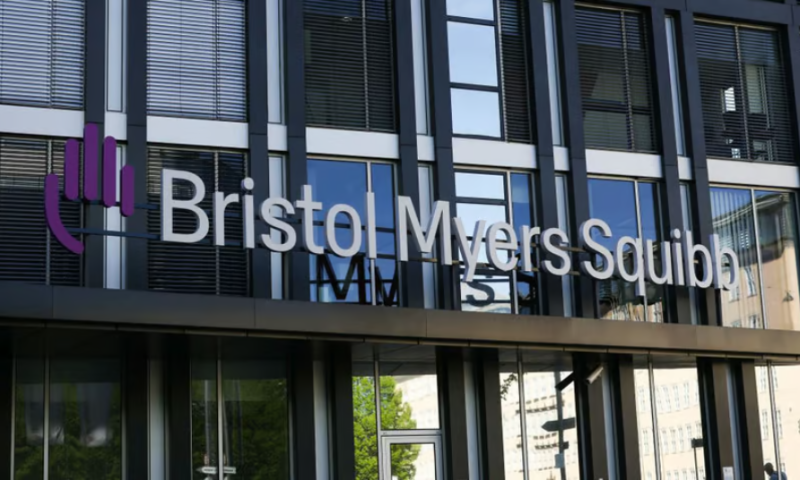Bristol Myers Squibb is getting deeper into antibody-drug conjugates (ADCs), paying Tubulis $22.8 million upfront to access technology designed to create more stable drugs with improved risk-benefit profiles.
Tubulis, a German biotech that raised a $63 million series B round last year, has talked up the potential for the combination of its Tubutecan payloads and P5 conjugation platform to reduce toxicity as it has tried to stand out in the competitive ADC space. By minimizing premature loss of payload and stopping aggregation in circulation, Tubulis thinks it can limit target-independent toxicity and make better ADCs.
Bristol Myers has placed a bet on the idea. In return for the upfront payment and the more than $1 billion in milestones that could follow, the Big Pharma has gained exclusive access to Tubulis’ technology for “a selected number of highly differentiated ADCs to treat solid tumors.”
Once Bristol Myers selects antibody targets, Tubulis will provide its linker-payload to create an ADC and then leave its Big Pharma partner to handle development, manufacturing and commercialization.
“One of the key features is flexibility,” Tubulis CEO Dominik Schumacher, Ph.D., told Fierce Biotech in an interview. “You can look into the tumor biology and the target biology and fit the linker-payload to it, so that you always reach good biophysical properties and really make it tailor-made for the indication that you want to address. That is a differentiator and probably also one thing that has led to this exciting announcement.”
The deal continues Bristol Myers’ push into ADCs. Two years ago, the Big Pharma paid $650 million for rights to Eisai’s folate receptor alpha-targeted ADC. Bristol Myers’ pipeline also features phase 1 trials of ADCs directed at two of the hottest cancer targets of recent years, Claudin 18.2 and BCMA.
Little is known about the Tubulis project. Schumacher declined to say whether work has begun, and the identity and number of targets covered by the deal are also unknown. Tubulis keeps its internal programs closely guarded, too, with the targets of its four solid tumor programs unknown and Schumacher declining to say when they would reach the clinic. A chief development officer joined in February.
Tubulis has disclosed work on an ADC directed against CD30, the target of Seagen’s approved lymphoma drug Adcetris, but has opted against taking the program forward itself. Focusing on solid tumors, Tubulis previously outlined plans to take the CD30 program up to the IND stage and then find a partner. Eleven months later, Tubulis is “in the process” of finding “the right partner,” Schumacher said.

